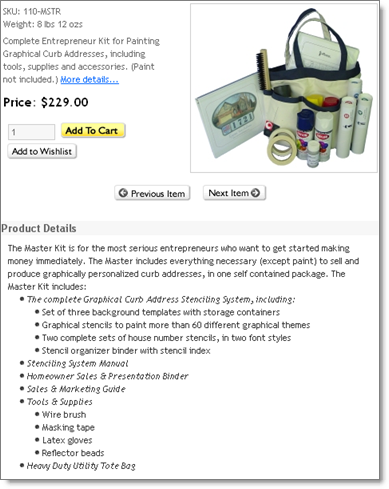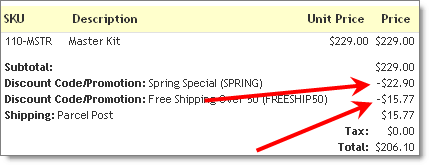I just finished an awesome article about how the iPad app was developed for LinkedIn. This was particular intriguing to me because we’re continually asked about a smartphone app for JibberJobber (go to m.JibberJobber.com to get to the mobile interface).
What I’ve said is that we’re collecting feedback, and as we get that we’ll get closer to deciding whether we need to do native smartphone apps. Personally, I don’t want to do it.
Even if we were a huge company, creating and maintaining (and maintaining some more) native apps for the iPhone, Android, etc., and all of their whimsical changes (these are operating systems, so any core changes they make can be cause for a complete redesign/recoding of a native app).
In the article, it says that most of the iPad app is actually web-driven. In other words, as far as I understand, it’s not an offline app… it has a few things that are native to the device, but pulls most of the data from the web.
Technology is a beautiful thing, and as a former developer, if this is the direction we’re headed (away from native apps and towards web-apps that look/feel/function like they are native), we’re headed in an awesome direction.
One can only hope!
Note: I have an iPad… but haven’t even cared to get the iPad app for LinkedIn. I don’t do LinkedIn anywhere but from my PC. How old-fashioned is that!

